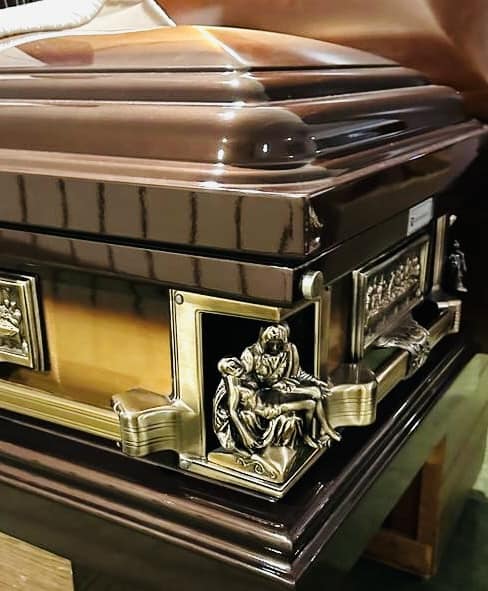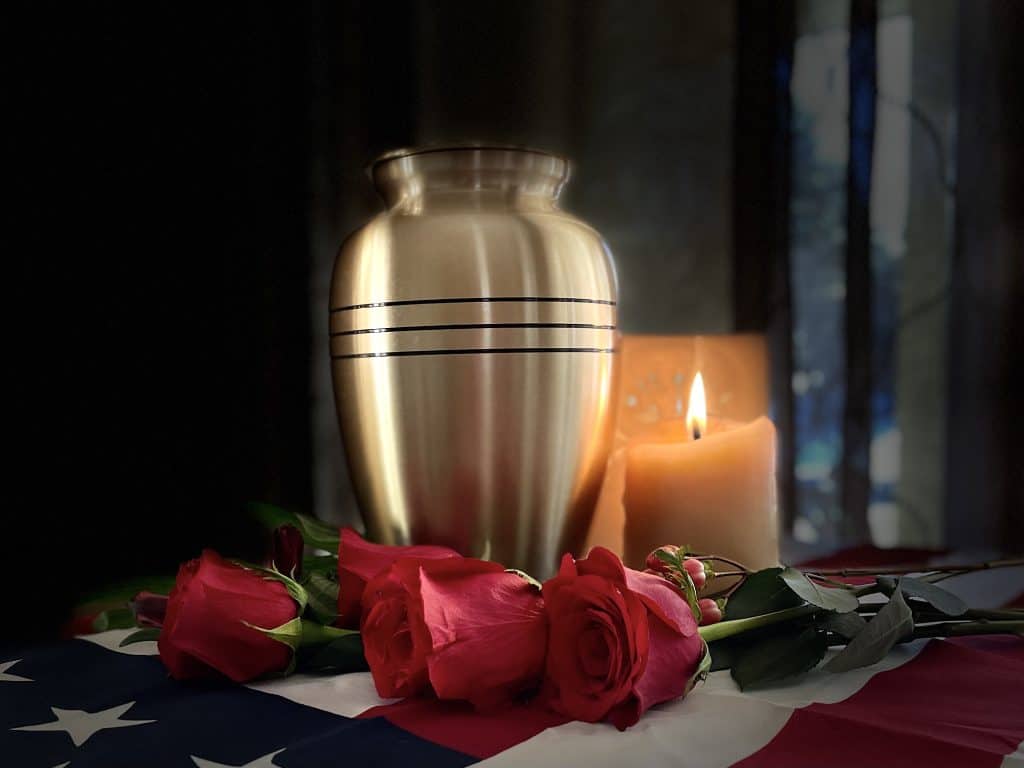The funeral industry in the United States is undergoing a significant transformation as more and more families are opting for simple cremations as a more affordable and environmentally friendly alternative to traditional burial services. This shift in consumer preferences is reshaping the way funeral homes and crematories operate, leading to changes in pricing, services offered, and overall industry practices.
The Rising Cost of Traditional Burial Services
In recent years, the cost of traditional burial services has skyrocketed, making it increasingly difficult for many families to afford a traditional funeral. The average cost of a traditional funeral in the United States is around $7,000 to $10,000, which includes services such as embalming, casket, funeral home fees, transportation, and cemetery expenses. This steep price tag has led many families to seek out more affordable options, such as cremation.
Cremation has long been a popular choice for families looking for a simpler and more cost-effective way to say goodbye to their loved ones. According to the National Funeral Directors Association, the cremation rate in the United States has been steadily increasing over the past two decades, and in 2019, the cremation rate surpassed the burial rate for the first time in history.

The Appeal of Cremation: Cost Savings and Personalization
One of the main reasons why families are choosing cremation over traditional burial is the cost savings. On average, a cremation service costs between $1,000 to $3,000, significantly less than a traditional funeral. This cost disparity has made cremation an attractive option for families on a budget or those who prefer a more simple and streamlined approach to memorializing their loved ones.
In addition to cost savings, cremation also offers families more flexibility in how they choose to honor their loved ones. With cremation, families have the option to hold a memorial service at a later date, scatter the ashes in a meaningful location, or even keep the ashes at home in an urn. This flexibility allows families to create a more personalized and meaningful tribute to their loved ones, without the constraints of traditional burial practices.
Adapting to Consumer Preferences: Funeral Homes and Crematories
The rise in popularity of cremation has forced funeral homes and crematories to adapt to the changing needs and preferences of their customers. Many funeral homes now offer cremation services in addition to traditional burial services, providing families with more options and flexibility in how they choose to say goodbye to their loved ones. Some funeral homes have also started offering direct cremation services, which bypass traditional funeral services altogether and focus solely on the cremation process.
Innovation and Sustainability in Cremation Services
As the demand for cremation services continues to grow, crematories are also facing increased pressure to meet the needs of families seeking affordable and efficient cremation services. Some crematories have invested in new technology and equipment to streamline the cremation process, reducing wait times and improving efficiency. Others have introduced eco-friendly cremation options, such as aquamation (also known as alkaline hydrolysis), which uses water instead of fire to break down the body, resulting in a more environmentally friendly alternative to traditional cremation.

The Debate Over Direct Cremation Services: Ethics and Implications
The rise of direct cremation services has also sparked a debate within the funeral industry about the ethics and implications of offering low-cost cremation services. Some critics argue that direct cremation services may compromise the dignity and respect of the deceased, as they often do not include traditional funeral services or viewing opportunities for family and friends. Others argue that direct cremation provides families with a more affordable and accessible option for honoring their loved ones, without the financial burden of a traditional funeral.
The Future of the Funeral Industry: Meeting the Needs of Changing Consumer Preferences
Despite the controversy surrounding direct cremation services, it is clear that the funeral industry is undergoing a significant transformation as more families opt for cremation as a more affordable and environmentally friendly alternative to traditional burial services. This shift in consumer preferences is reshaping the way funeral homes and crematories operate, leading to changes in pricing, services offered, and overall industry practices. As the demand for cremation services continues to grow, funeral homes and crematories will need to continue to adapt and evolve to meet the changing needs of their customers and remain competitive in an increasingly crowded market.
Visit DFS Memorials’ post on The Growth of Direct Cremation in the U.S. to read further.

